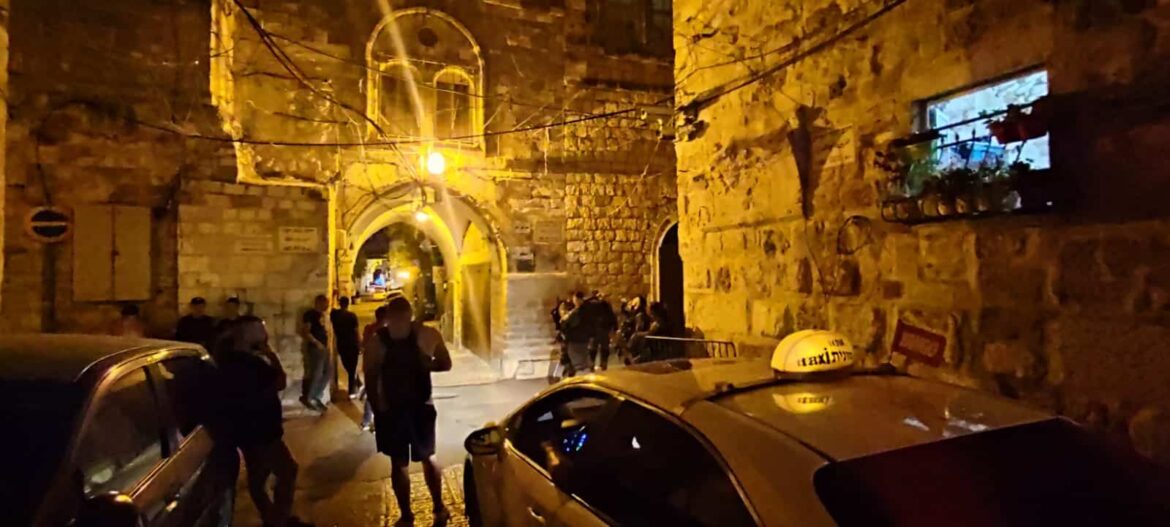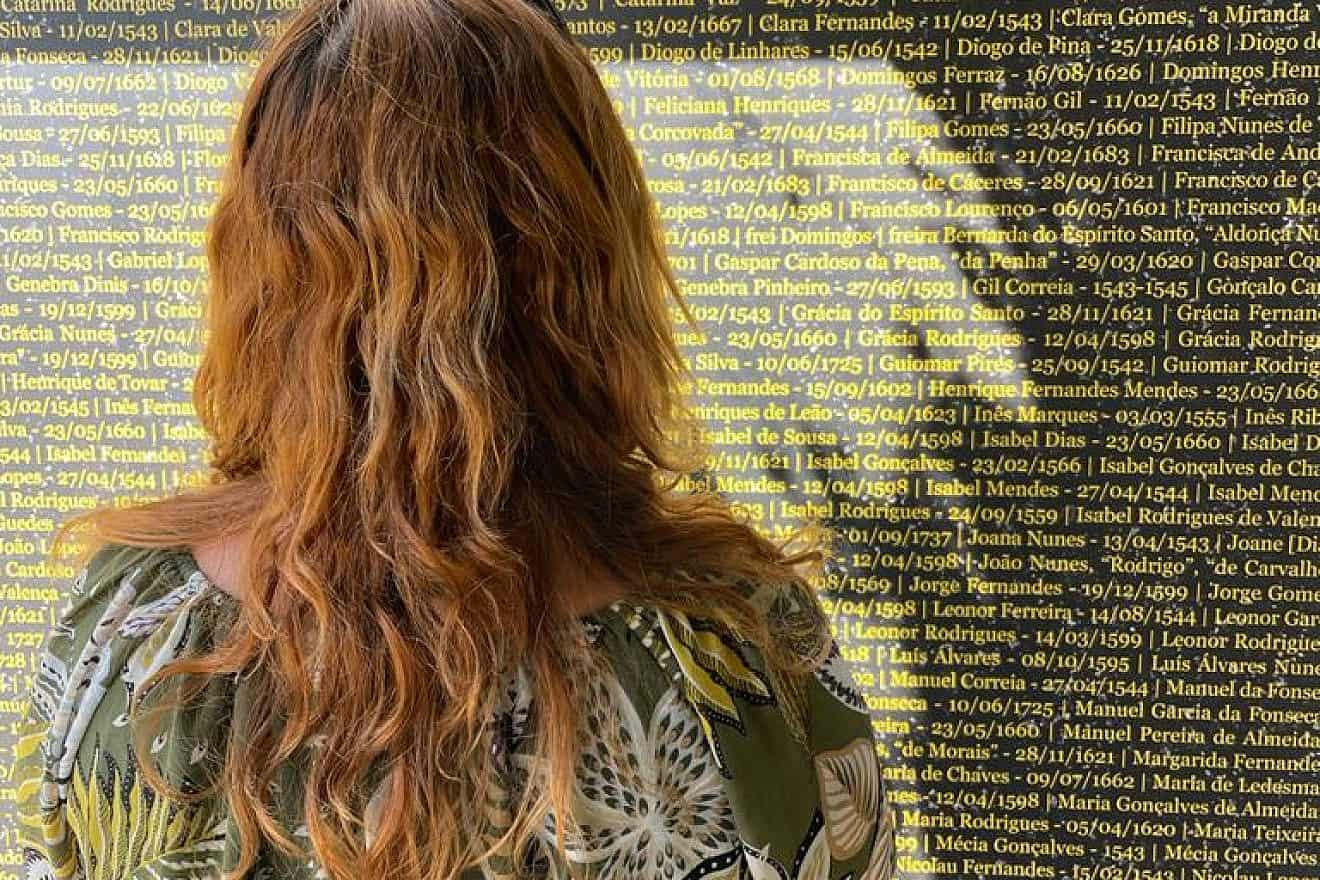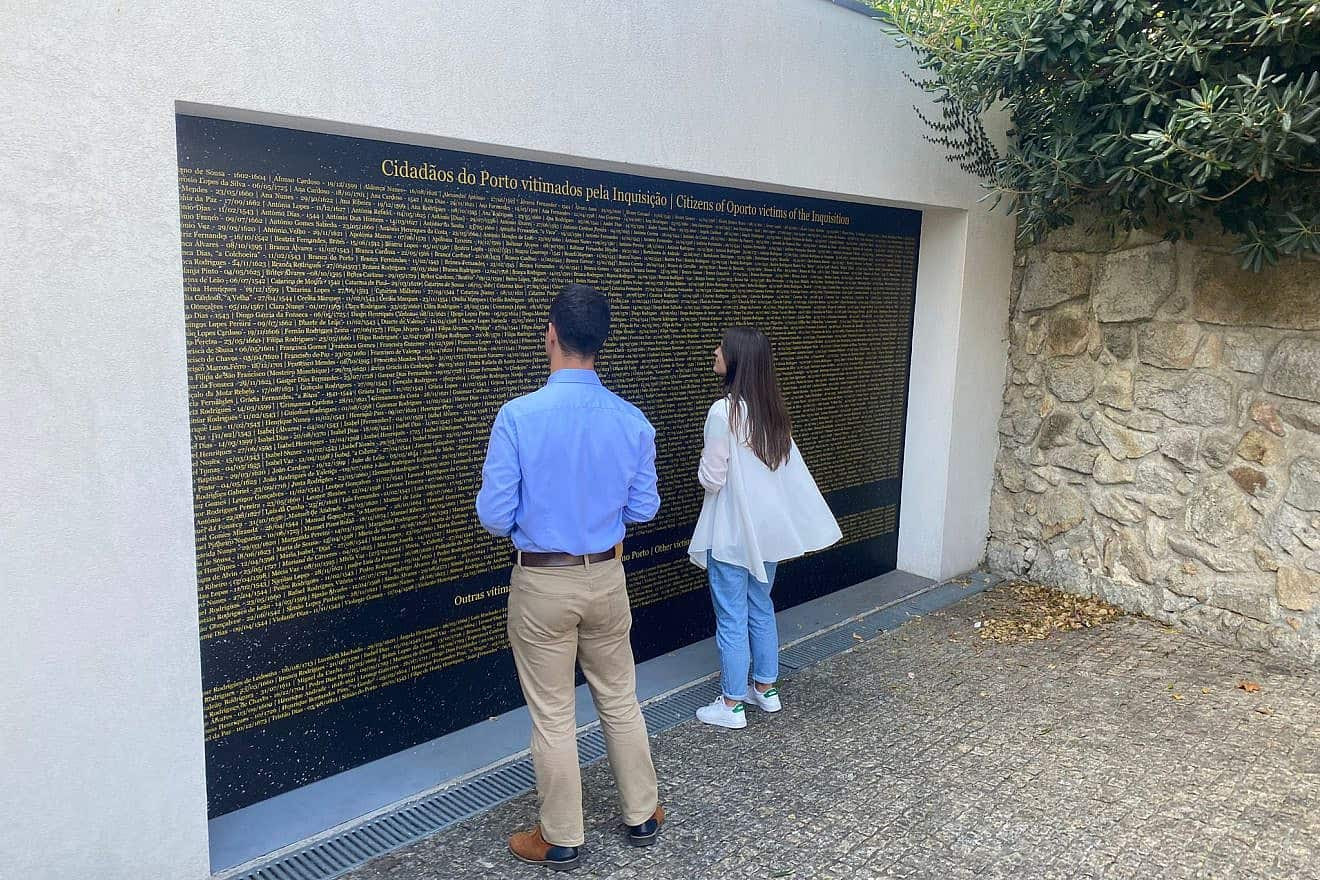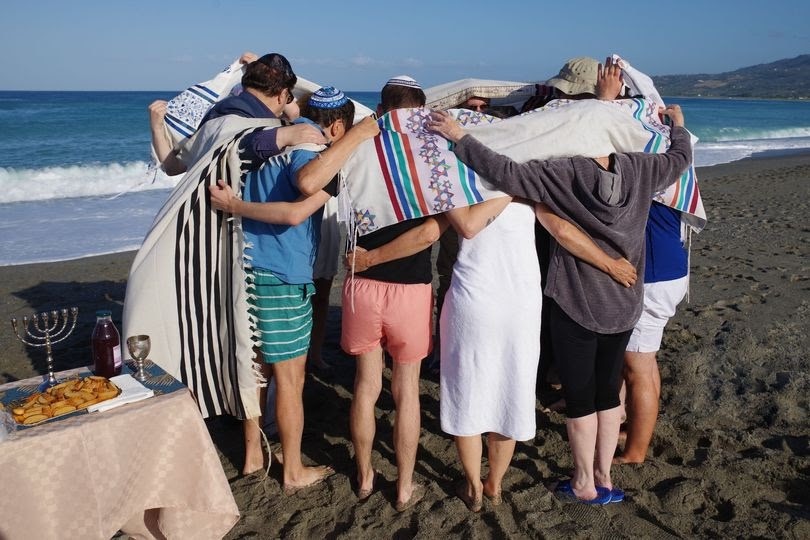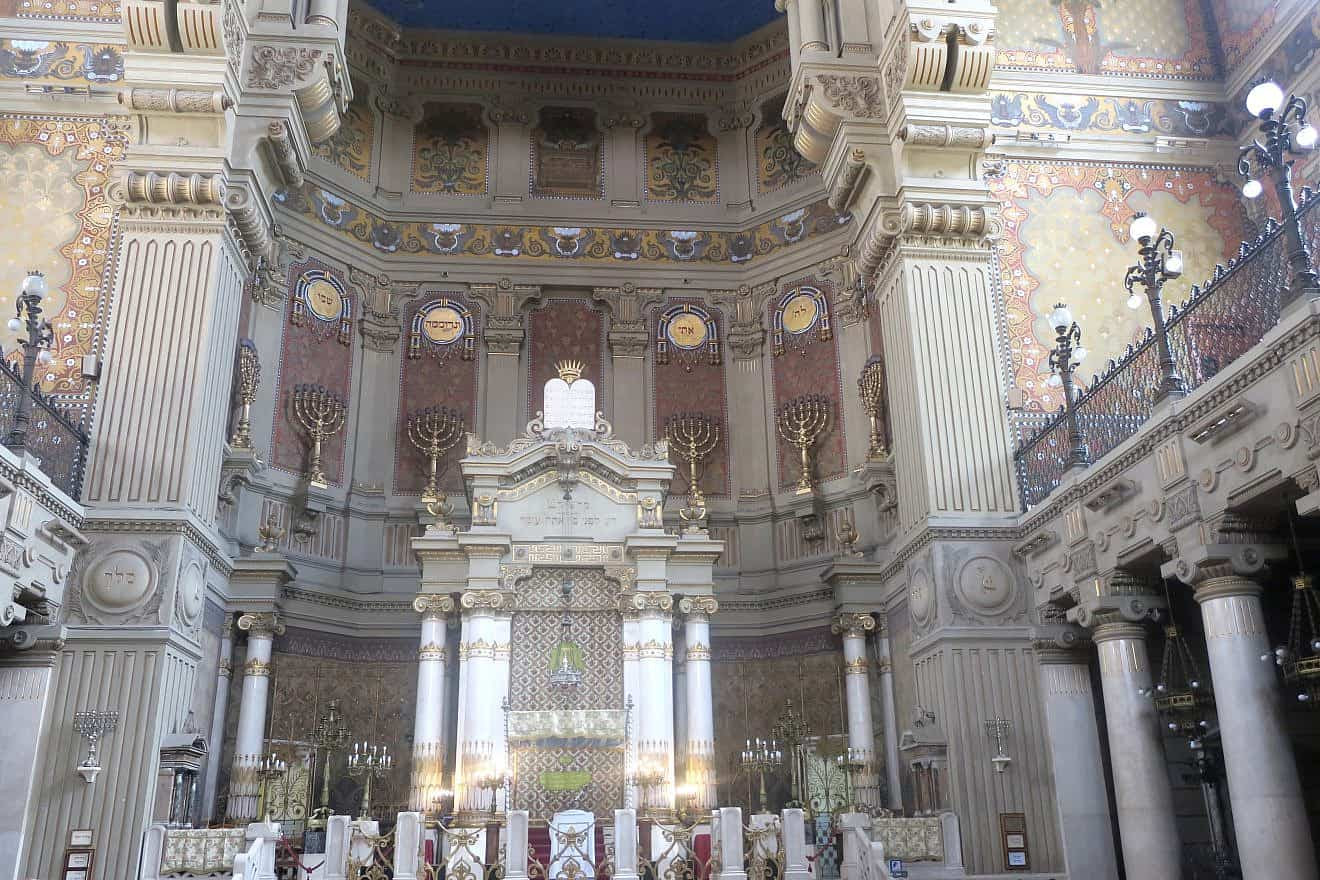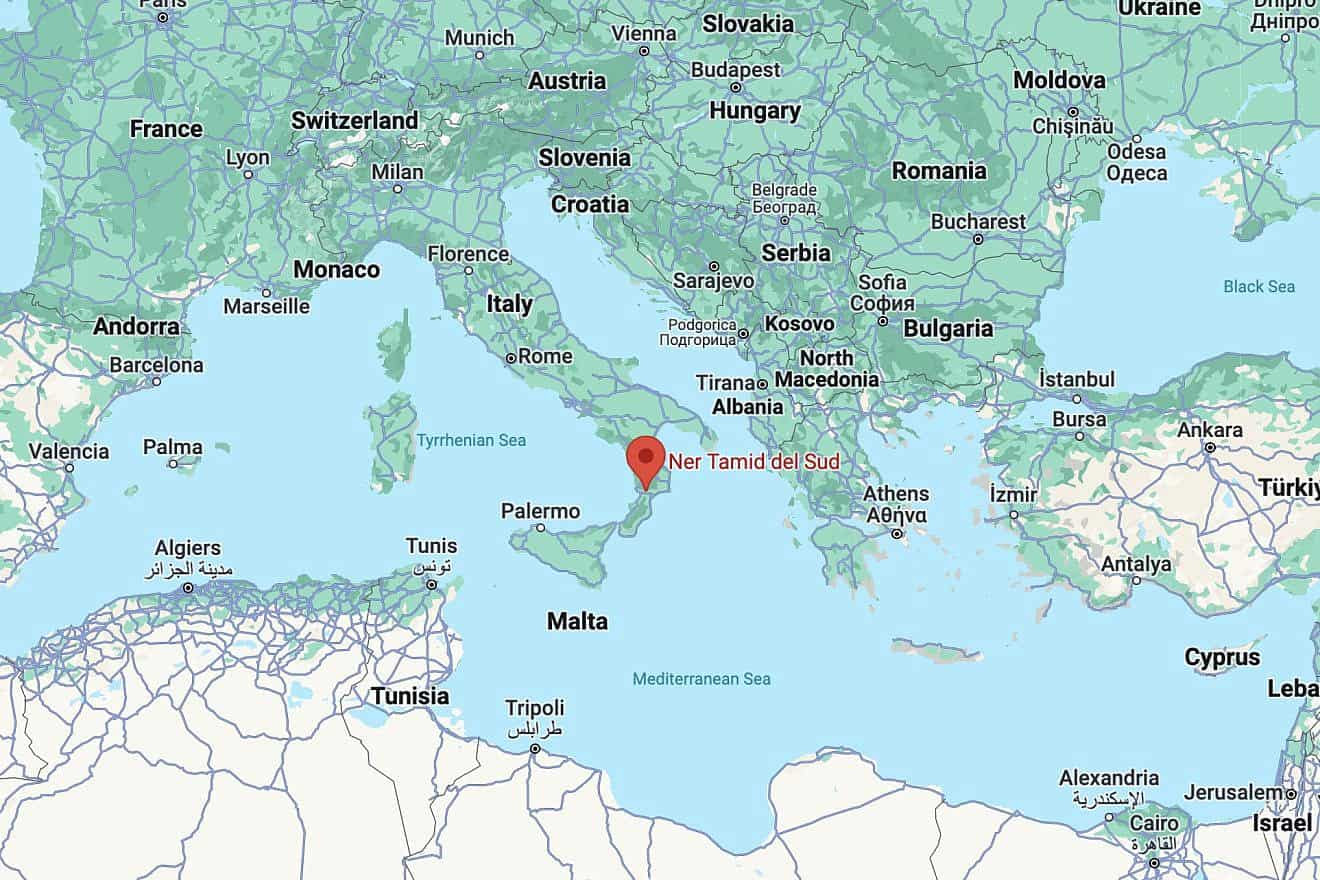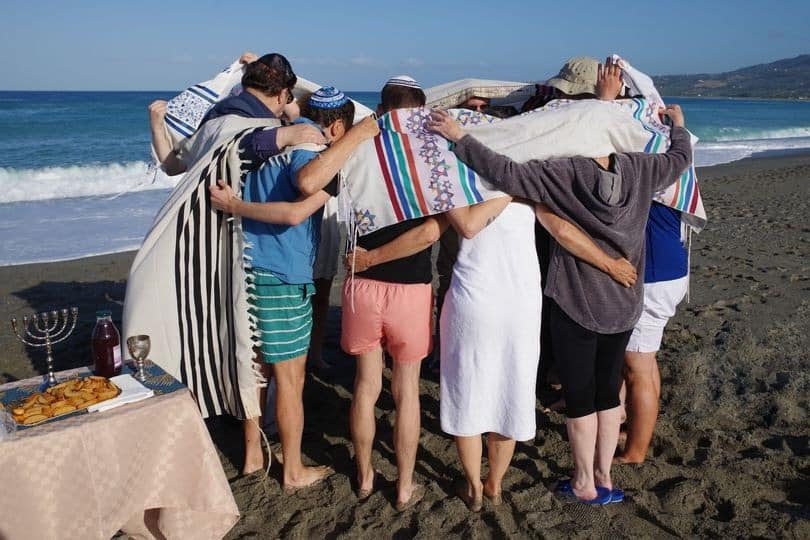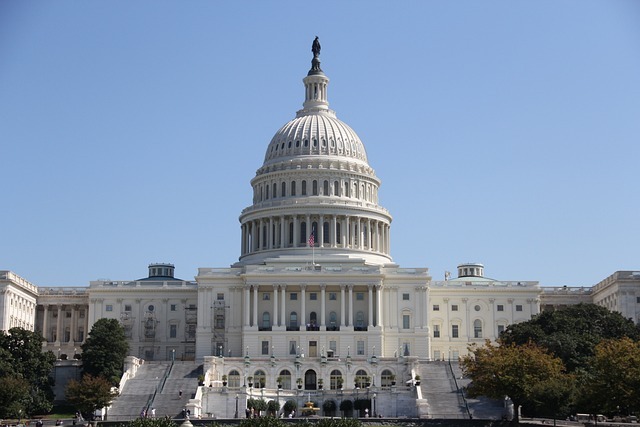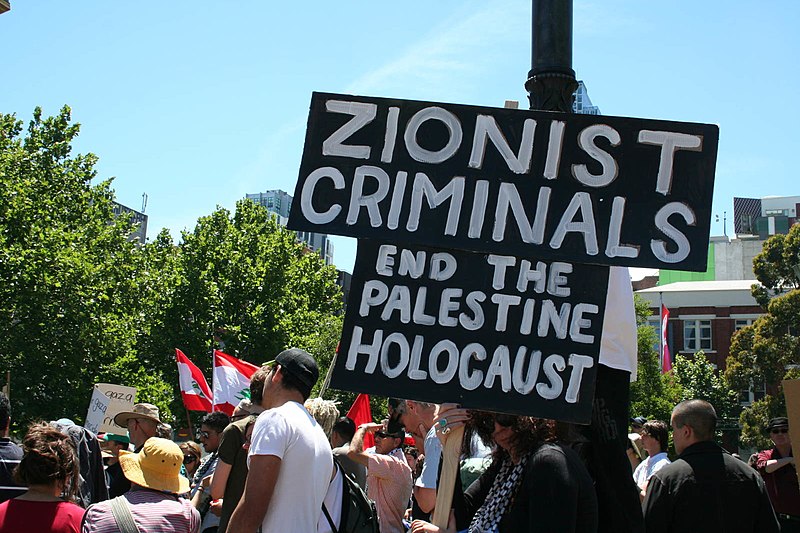The incident, attempted by an Arab woman, reportedly occurred near the Lions’ Gate entrance to the Temple Mount holy site.
(JNS)
Israeli security forces arrested an Arab woman on Monday evening after she tried to stab a police officer in Jerusalem’s Old City, the Israel Police said in a statement.
The incident reportedly occurred near the Lions’ Gate entrance to the Temple Mount holy site.
Officers disarmed the woman without using gunfire, according to the police statement, which added that no injuries were reported.
الاحتلال يعتقل فتاة فلسطينية عند باب حطة أحد أبواب المسجد الأقصى بزعم محاولتها تنفيذ عملية طعن. pic.twitter.com/FUmtzEit92
— وكالة شهاب للأنباء (@ShehabAgency) September 4, 2023
On Wednesday, an Israeli man was moderately wounded in a stabbing at the Shivtei Yisrael light-rail stop outside the Old City. The alleged assailant, identified by local media as a 14-year-old Arab resident of Beit Hanina in northern Jerusalem, was shot and killed by a Border Police officer.
In July, an Israeli man was similarly stabbed and seriously injured in a suspected terror attack in Jerusalem’s southern Gilo.
This week, Israeli forces arrested four Arabs who were responsible for throwing firebombs at security personnel in the city’s eastern Shuafat neighborhood. The four suspects operated together to throw explosives, Molotov cocktails and rocks at security personnel, according to the Israel Police and the Israel Security Agency (Shin Bet).
Israel has also experienced several deadly attacks in recent weeks, including the killing of an off-duty IDF soldier on Aug. 31 when a Palestinian drove his truck into a crowd at the Maccabim Crossing along Route 443, close to the central city of Modi’in. Six other persons were injured in the ramming.
Earlier in August, 40-year-old Batsheva Nigri, a mother of three from Beit Hagai, was killed and a 39-year-old man was seriously wounded in a terrorist shooting near Hebron in Judea.
Two days earlier, a Palestinian terrorist shot and killed Shay Silas Nigrekar, 60, and his 28-year-old son Aviad Nir in Huwara, just outside Nablus (Shechem) in Samaria.
Image: Israeli security forces arrest an Arab woman after she tried to stab a police officer in Jerusalem’s Old City, Sept. 4, 2023. Photo by Oz Faber/TPS.
